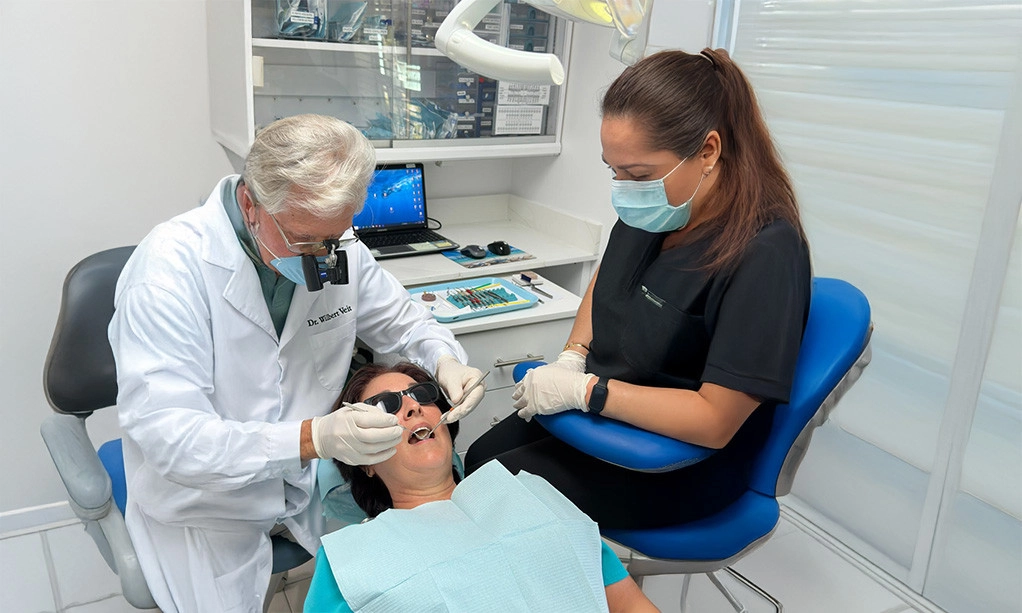
Emergency Dental Treatment
People are often caught off surprise by dental emergencies. Everything seems good one minute, and then you're dealing with a tooth crack, sudden discomfort, or persistent swelling. Although these circumstances can be stressful, it makes all the difference to know what to do and where to go.
Care must be given promptly. The sooner the problem is handled, the greater the chances are of preventing more issues, whether it's a knocked-out tooth or an unexpected illness. Because of this, providing emergency dental care requires more than simply quickness; it also requires experience, composed judgement, and the ability to maintain order.
Is It Really a Dental Emergency?
You wouldn't believe how often that question comes up. While some symptoms are evident, others first seem mild but, if ignored, rapidly worsen. It's worthwhile to get in touch if any of the following are happening to you:
Persistent or severe tooth pain is typically an indication of a more serious condition, such as an infection, decay near the nerve, or root damage. Beyond just being uncomfortable, a broken or chipped tooth, particularly one with apparent damage or sharp edges, can also cause harm to your mouth's soft tissues.
Time is crucial if a tooth is knocked out. This also applies to a tooth that seems shaky or loose all of a sudden. Gum, jaw, or facial swelling might indicate an infection, particularly if it's accompanied by fever or an unpleasant taste. Persistent bleeding, whether from an accident or even following a surgery, always has to be treated right away.
Even if you’re unsure, it’s never a bad idea to check. A short call can prevent a long recovery later.
What to Do Right Away
In a dental emergency, quick thinking matters. Start with a call. Explaining your symptoms over the phone allows the team to prepare for your arrival, offer guidance, and let you know whether you should come in immediately.
Take extra care if you have lost a tooth. Avoid touching the root and pick it up by the crown, which is the portion that is often visible in the mouth. Put it in milk or your own saliva to keep it wet if you can. The best chance of salvaging it is to visit the dentist within an hour.
Avoid using heat, aspirin directly on the gums, or any home remedies that haven’t been recommended by a professional. Infections and injuries can worsen quickly if not managed properly.
When You Need Help, Don’t Wait
Delaying care can mean more damage, more discomfort, and more complex treatment later on. Whether it’s an injury, a sharp spike in pain, or a sign of something deeper — it’s always better to act early.
Emergency dental care is about more than fixing a problem. It’s about restoring peace of mind, getting answers when they’re needed most, and making sure you don’t have to face it alone.
If something doesn’t feel right, don’t wait for it to get worse.

